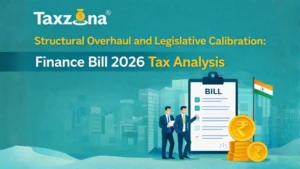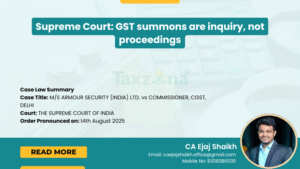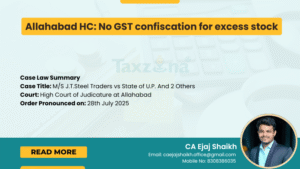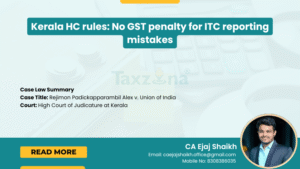While starting any business whether big or small, selling products or providing services, the first and foremost thing a person should have is a proper Business Plan and the second most important Thing is properly understanding the requirements of the business in order to launch such a business which is profitable and compliant at the best. Once you determine your products or services and the target market, start writing a Roadmap, while preparing the roadmap make sure you fulfill these following requirements of your Business :
- Decide the Organisational Structure :
The very first step to start your business is getting a preliminary R&D about the process and finding answers for the following Questions.
- Whats are my Business Goals?
- Do I want to hire employees, or do I want to be a solopreneur?
- What requirementsi.efinancial or otherwise are present, and what capital do I have available?
Gather as much information tosupport your process. Every individual has different needs for their respective businesses, & legal entities are not a one-size-fits-all solution. While some individuals may feel their work carries little risk of legal action and opt for a simple sole proprietorship, others may wish to file for aa Company or an LLP so they are positioned for growth.
Every Enterpreneur must be well aware of the Tax structure of the organization they choose for their Startup. Here are some options to consider when determining the structure of your business:
- Sole Proprietor
- LLP
- Company
- Partnership Firm
2. Choose and Register Your Business Name :
Enterpreneurs should be very careful while choosing names of the Business. The name of the Business should Compliment the Goods or Services they are dealing in. Especially, nowadays, people tends to incline more towards eye catchy names. To have a unique name of the Business is a one of the most important part while setting up business.

If you are planning on operating nationally or providing online services, you may want to consider getting your business name trademarked. A business name will not offer brand protection where your business is not registered. While trademarking is not a requirement, it will provide stronger protection for your brand. This process involves applying for a trademark with the Trademark Office. If you do want to pursue a trademark, start by conducting a comprehensive search to make sure the name you want to use is available.
3. Obtain Required Business Permits and Licenses :
You need to apply for a couple of licenses before your Business becomes Operational. It is always advisible to consult a Business Consultant and get all the registrations & Licenses which are applicable to your Business. In India, you will be burdened with heavy Penalties if you forget to get any licenses which is mandatory for your Business type whether intentionally or unintentionally
. List of common Business Registrations are as follows :
- Ghumasta (Shop & Establishment License)
- MSME (UdyogAdhar) Registration
- Goods & Service Tax Registration
- Profession Tax Registration
- Import Export Code if you are enagaged in International business.
These are the common Registration or Licenses requirement for any Business in India.
4. Appoint a Good Consultant to look after your Compliances :
A Businessman should focus on his core business activity, an should appoint a external legal and Financial consultant to look after their Compliance Part. This will not only help the Entrepreneur to focus on their core business Activity but also will safeguard them from the hefty penalties on account of non-compliances occurred due to shortage of time or lack of knowledge. We at Taxzona, helps business entrepreneurs to concentrate in expansion and diversion of business and we support them with the ambit of back end Services.
The information provided in the Taxzona Blog does not constitute anylegal, tax or financial advice. It does not take into account your particular circumstances, objectives, legal and financial situation or needs. Before acting on any information in the Taxzona Blog you should consider the appropriateness of the information for your situation in consultation with a professional advisor of your choosing.








